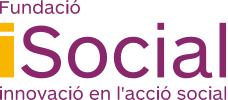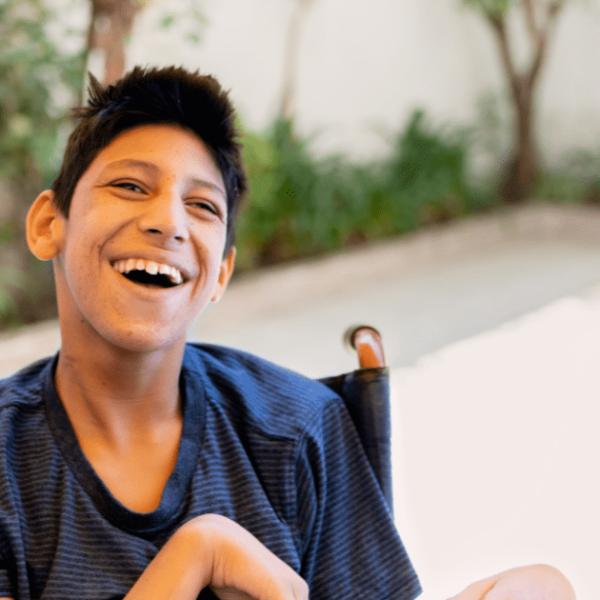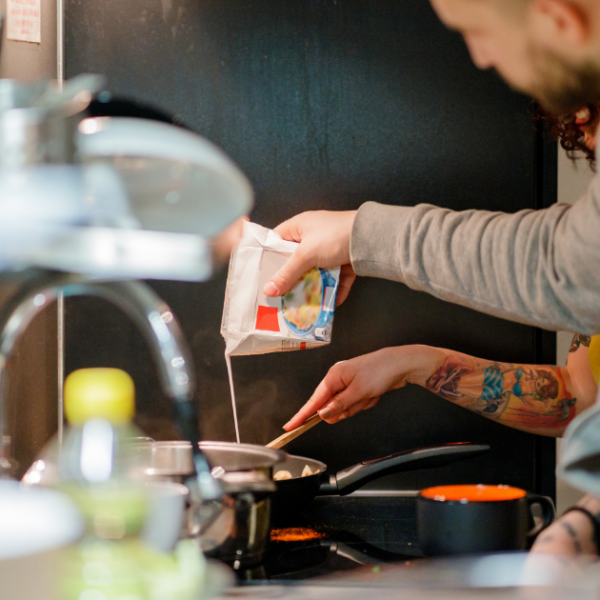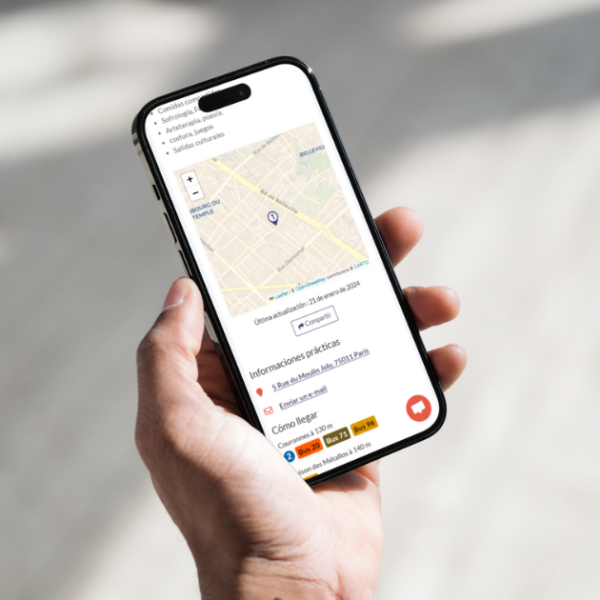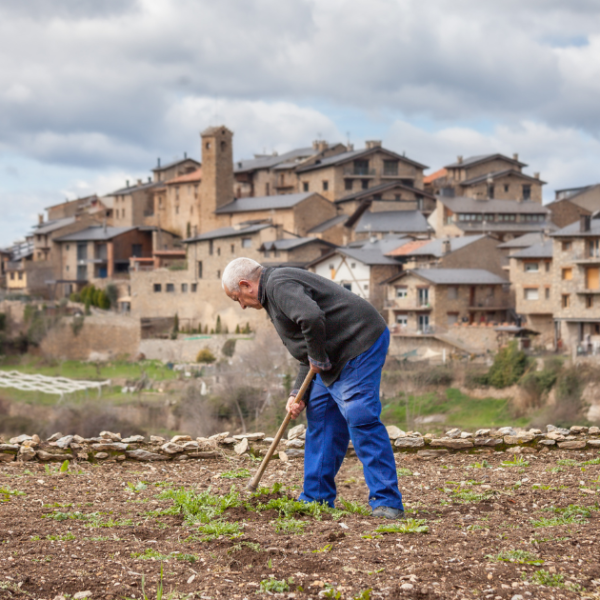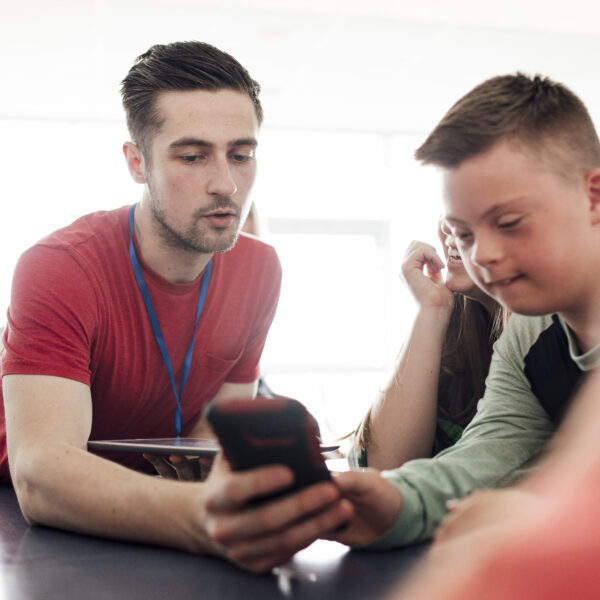Rehab-Lab
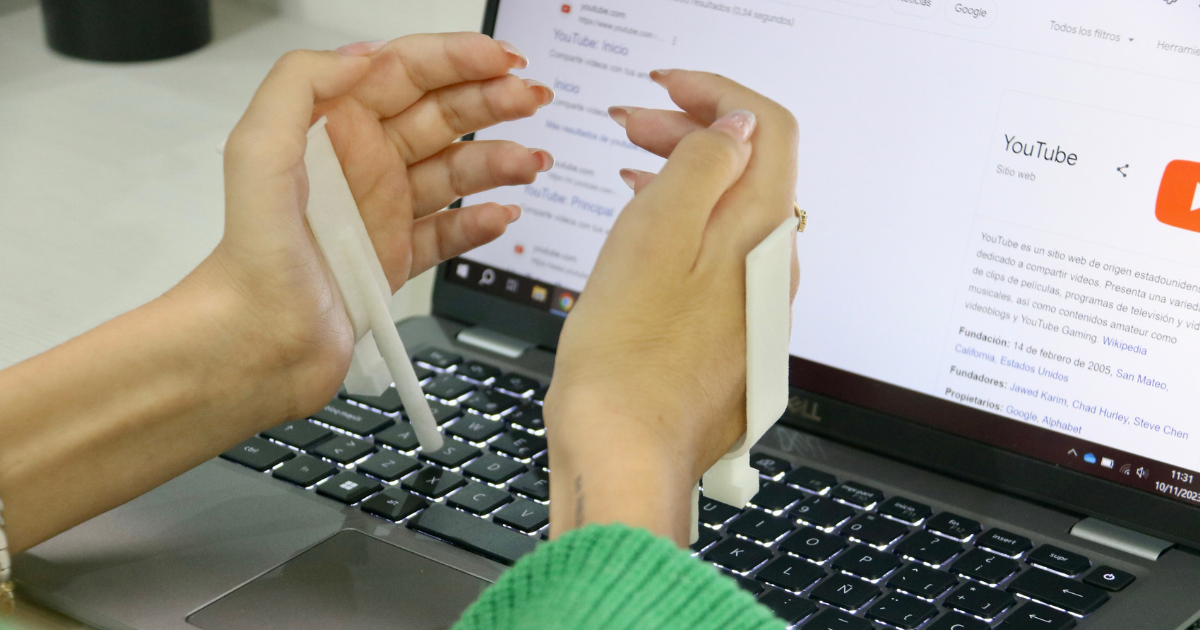
Rehab-Lab

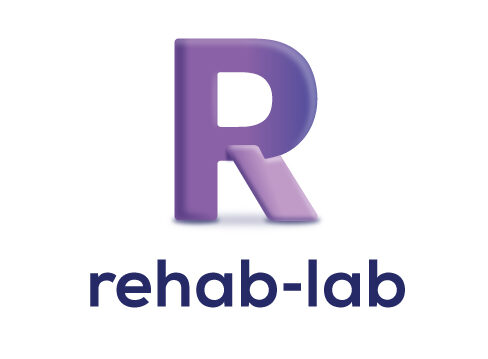
Rehab-Lab is a project for the creation of a FabLabs network for the design and manufacture of functional adaptations for activities of daily living through 3D printing.
(2023-2025)
In Catalonia there are more than 630,000 people with disabilities, and a significant part of these people (approximately 40%) need one or more functional adaptations for their personal autonomy in daily life. Even so, current data indicate that 35% of users abandon them because they do not adapt to the activity and/or characteristics required, either due to lack of specificity of the functional aid to the need to be covered or due to lack of personalization. This means a total of 117,000 people, which increases by about 5,000 each year.
Rehab-lab will offer a personalized service of design and manufacture of functional adaptations for people with disabilities or with some kind of support needs, using 3D modeling and printing technologies. This service has four components:
- An individualized support needs assessment for each person.
- A specific design co-developed by the person, the occupational therapist and an engineer.
- An individualized fabrication using 3D printing tecnologies
- An evaluation and follow-up of the degree of resolution of the need.
The proposal of Rehab-lab represents a paradigm shift in the approach to technical and functional aids to preserve the autonomy, independent living and maintenance at home of people with disabilities and dependence. From a model based on standard and general products of functional aids, marketed through orthopedics and pharmacies, to a model of personalized service, integrating the social and health vision and the person involved in the design of an individualized solution.
The scope of the project includes the operational design of the service, the acquisition of equipment and technology for design and 3D printing, the implementation of a pilot test with two social (Ampans) and health (Guttmann) entities in two geographical areas (Central Catalonia and Barcelona Metropolitan Area), the evaluation of the pilot test and the planning of the deployment of the service throughout Catalonia, through at least ten central FabLabs (in Barcelona, Central Catalonia, Girona, Tarragona and Lleida), the support of iSocial, CIM-UPC and Avinent, and a capillary network with social and health entities throughout the territory.
Objectives:
- Encourage and facilitate the active participation of people with support needs in the design and manufacture of their own parts or functional adaptive devices.
- Innovate in the professional practice of occupational therapy through the use of new digital manufacturing technologies.
- To generate in Catalonia a new model of functional adaptations based on accessibility, customization, quality and optimization of time and costs.
- Promote collaborative work between agents throughout Catalonia in the fields of social and health care and engineering in the service of promoting personal autonomy.
- To promote technological volunteering, mainly for young people, in favor of people in situations of dependency, disability or social problems arising from mental illness.
- To participate in international networks in order to learn from other similar initiatives and to guarantee a permanent exchange of knowledge and practices in this field.
Beneficiaries:
The primary target user of the products will be the disabled and elderly dependent population, and specifically (but not exhaustively) people with motor limb mobility limitations:
- Children and Adolescents with physical and intellectual disabilities.
- Adults with physical and intellectual disabilities.
- Elderly people with high dependency.
- People with cervical spinal cord injury (tetraplegia).
- People with brain damage due to stroke.
- People with degenerative diseases (Parkinson, ALS, Rheumatoid Arthritis, etc.).
- People with upper limb amputations.
- People with peripheral nerve injuries (Median, Cubital, etc.)
Projectes d’innovació

